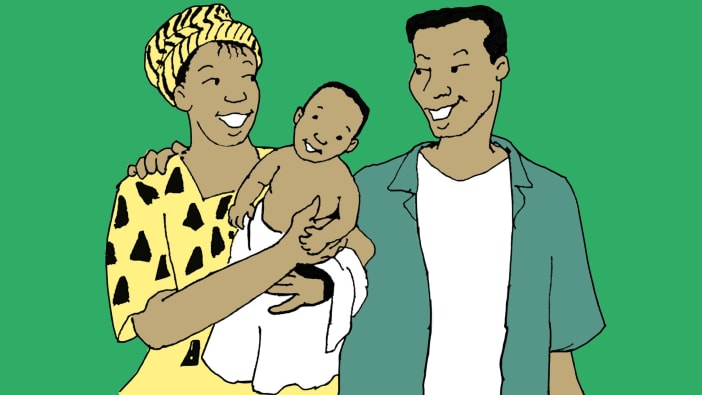Kala Devi lives with her husband and seven daughters in the slums of Delhi. When I met her, she was pregnant again. Despite the expense, she had been for a scan. Finding it was a boy, the family had brought sweets for everyone to celebrate. If it had been a girl, she might well have had an abortion.
Travelling on the train, it is possible to see adverts offering abortions – legal in India since 1972 – for around 100 rupees (about $3). With the arrival of sex testing – usually through scans – abortion has become the urban equivalent of infanticide, the practice of killing girl babies at birth. There are an estimated 60 million ‘missing’ women in Asia, creating a serious population imbalance.
Boys work for the family, look after their parents in old age and carry on the family name. Girls leave and get married.
But in India it is the dowry system that drives the desire for boys. The practice, though illegal, is still widespread. The bride’s family pays the groom’s family the equivalent of several years’ income for most workers, as a dowry. Dowries can land families in debt for several years.
In 1994 the Indian government made sex determination tests illegal – but still the practice continues. ‘Pay Rs 500 and save Rs 50,000!’ is a popular advertising slogan for having a scan to find the sex of a baby. In other words, pay $15 for a scan which could avoid the risk of having a girl child whose dowry will eventually cost $1,500.
In African and Latin American countries – together with those countries in Asia which are largely Muslim – the situation is very different. Most of these countries have very strict abortion laws at present. But there is pressure for change – particularly in Southern African countries. Christians are concerned but are often not sure how to take action.
The UN conference in Cairo agreed that abortion should not be seen as a form of birth control. Christians around the world face an enormous challenge – to pray, to influence the attitude of society and to influence new laws. Tearfund’s policy document states that ‘abortion is always a tragedy and should never be used as a method of birth control. Those women who do have abortions need to be offered care and compassion.’
There are about 25 million unsafe and illegal abortions carried out every year. UK
China Officially, ten million abortions are carried out in China each year, 97% of which are of girl foetuses. China’s one child policy, begun in 1979, means that many couples who want a son abort girl babies, although it is illegal to tell parents the sex of a child before birth. The result is that there are only 85 girls for every 100 boys.
Russia More than four million abortions are conducted in Russia each year. Despite an increase in family spacing services, abortion is used by many women as a form of birth control.
In the UK one in every five pregnancies ends in abortion. This means over 180,000 abortions a year – seven times the figure in 1968 when abortion was legalised.
Tim Chester is Tearfund’s Public Affairs Officer.








